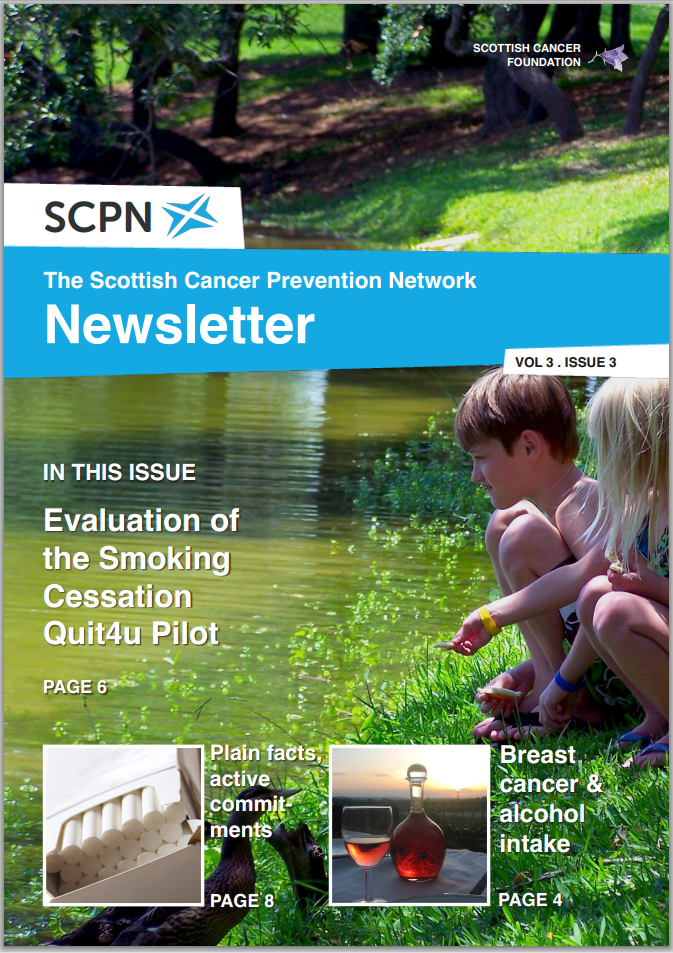
Role of Obesity in Cancer Survival and Recurrence

05 Aug 12 |
What to advise cancer patients
At a workshop in November 2011 held by the US Institute of Medicine’s (IOM) National Cancer Policy Forum, experts met to discuss the role of obesity in cancer. The workshop provided an insight into the latest research into the link between obesity and cancer link, including the underlying mechanisms of this relationship. In relation to advising patients the following key points were made:
- When diagnosed with cancer or once they have completed their therapy, patients are often very amenable to lifestyle interventions as recommended by healthcare professionals. The cancer diagnosis therefore provides an ideal “teachable moment” for clinicians to educate about lifestyle changes in cancer survival and recurrence.
- Exercise can prevent lymphedema in breast cancer survivors and might prevent patients developing a secondary cancer. Many cancer patients are especially likely to benefit from weight loss and increased exercise because they are older, overweight or are suffering from another disease simultaneously. While weight loss cannot guarantee an extended remission or survival, there are general benefits from losing weight. Perhaps more importantly weight loss can offer an improved quality of life.
- Implementation of an exercise or weight loss program can be assisted by having a pet that requires walks, necessitating exercise for the cancer sufferer. A cancer survivor described how she and others were able to monitor their own progress is through weight loss and exercise apps. These are also thought to improve a patient’s likelihood of sticking to a given regime. There are however obvious difficulties when using electronic or social media aides such as unreliable internet access and/or limited accessibility by an older population.
- Not all clinicians are taking advantage of this opportunity to educate patients about behaviour change and more needs to be done to better inform those delivering the diagnosis. The manner in which this advice is given is also paramount. Giving general vague advice and an accompanying leaflet is not sufficient.
- There was some debate that the evidence of the impact of obesity on cancer outcomes was lacking. After discussion the evidence however was deemed to be growing and sufficient. With obesity ever more prevalent, action must be taken now.
For more information or to access the full workshop summary, please see: http://www.iom.edu/Reports/2012/The-Role-of-Obesity-in-Cancer-Survival-and-Recurrence.aspx
This article was originally published in the SCPN Newsletter Volume 3, Issue 3.
Read the full issue here:

The SCPN Newsletter: Volume 3, Issue 3
In this issue, we evaluate the Quit4U smoking cessation pilot, cover plain cigarette packaging in 'Plain facts, active commitments,' explore the links between alcohol intake & breast cancer, and more.